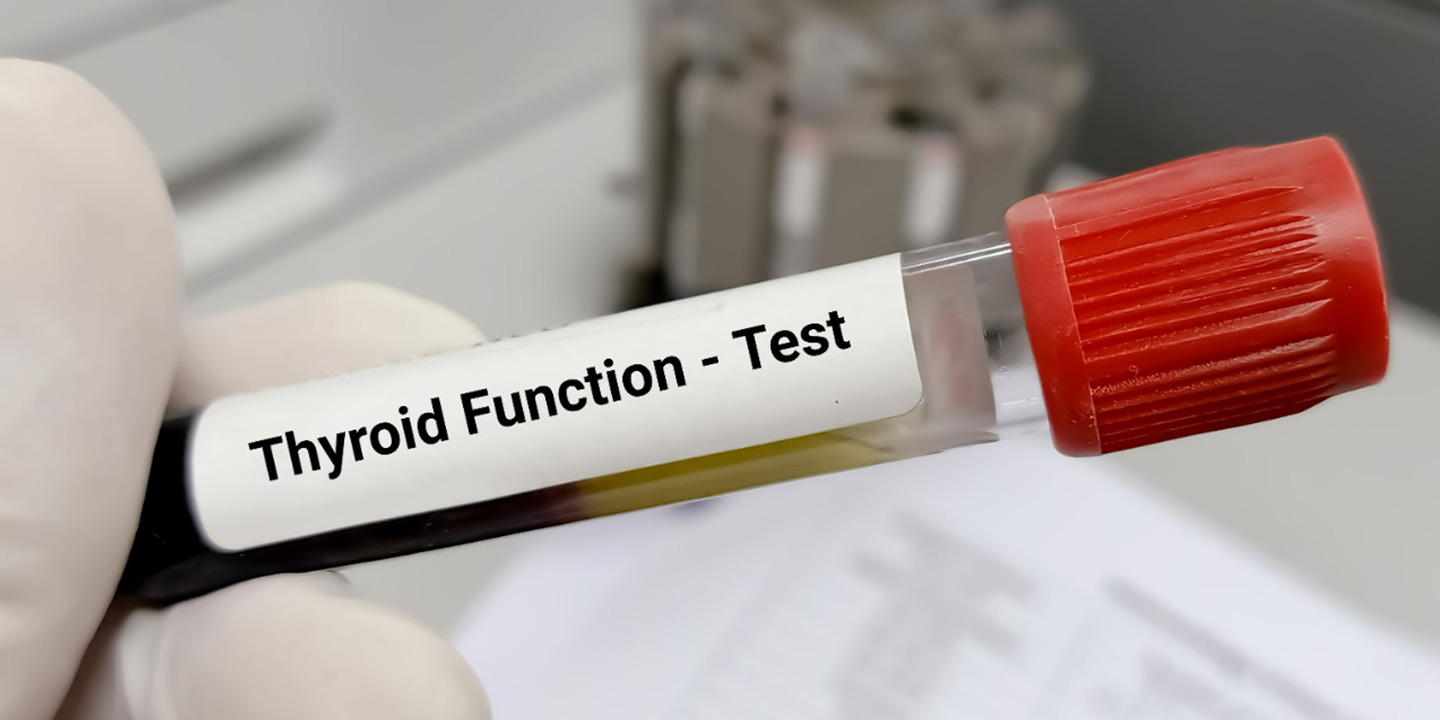The healthcare industry stands on the brink of a transformation. With the advent of AI and automated coding technology, medical coding is evolving in ways previously unimaginable. This post digs deep into how these innovations are changing the landscape for healthcare providers and medical coders alike.
What is Medical Coding?
Medical coding translates healthcare diagnoses, procedures, and services into universally recognized codes. These codes are crucial for billing, record-keeping, and ensuring compliance with healthcare regulations. Traditionally, medical coders manually assign these codes based on their expertise.
The Challenges of Traditional Medical Coding
Manual medical coding is labor-intensive and prone to human errors. Coders must constantly update their knowledge base to keep up with new coding guidelines and medical advancements. This process is not only time-consuming but also increases the chances of inaccuracies that can lead to billing errors and compliance issues.
The Importance of Accuracy
Inaccurate medical coding can jeopardize patient care, lead to claim denials, and result in significant financial losses for healthcare providers. Therefore, accuracy in coding is paramount for maintaining the integrity of healthcare operations.
Introduction to AI in Medical Coding
Artificial Intelligence (AI) brings automation and intelligence to medical coding. By leveraging machine learning and natural language processing, AI systems can analyze medical records and assign accurate codes automatically.
How Does AI Work in Medical Coding?
AI algorithms are trained on vast datasets of medical records, learning to identify patterns and associations between medical terms and corresponding codes. These systems can scan and interpret complex medical documents at high speed, reducing the need for manual intervention.
Benefits Over Traditional Methods
AI-powered medical coding offers numerous advantages over traditional methods. It significantly reduces the time required for coding, minimizes errors, and ensures compliance with the latest coding standards. Additionally, AI systems can continuously learn and improve their accuracy over time.
Real-World Applications
Several healthcare institutions are already reaping the benefits of AI in medical coding. For instance, Urgent Care for Children has implemented an AI-based coding system XpertCoding that has dramatically improved their coding accuracy and efficiency.
Automated Coding Technology
Automated coding technology encompasses a range of tools and systems designed to automate the medical coding process. These technologies often integrate AI to enhance their capabilities further.
Types of Automated Coding Systems
There are various types of automated coding systems available, including rule-based systems, machine learning-based systems, and hybrid systems that combine multiple approaches. Each type has its strengths and is suitable for different healthcare settings.
Key Features and Capabilities
Modern automated coding systems offer features such as real-time code assignment, error detection and correction, and connect with electronic health records (EHR) systems. These features enable healthcare providers to streamline their workflows and improve overall efficiency.
Connect with Existing Healthcare Technology
One of the critical aspects of implementing automated coding technology is ensuring seamless connection with existing healthcare technology systems. RPA and API allow for smooth data exchange and enhances the overall functionality of the automated coding system.
Enhancing Efficiency and Accuracy
AI and automated coding technology have revolutionized the way medical coding is performed, significantly enhancing efficiency and accuracy in the process.
Speed and Scalability
AI-powered coding systems can process large volumes of medical records at unprecedented speeds. This capability is particularly beneficial for large healthcare institutions that handle extensive patient data daily.
Error Reduction
AI systems excel at identifying and correcting errors in medical coding. By analyzing vast datasets and learning from past mistakes, these systems can minimize the occurrence of coding errors, leading to more accurate billing and improved patient care.
Continuous Improvement
One of the remarkable features of AI is its ability to learn and improve over time. AI-powered coding systems can continuously adapt to new medical knowledge and coding guidelines, ensuring they remain up-to-date and accurate.
Addressing Concerns and Challenges
While AI and automated coding technology offer significant benefits, they also come with their own set of challenges and concerns.
Data Security and Privacy
Ensuring the security and privacy of patient data is paramount when implementing AI-driven systems. Healthcare providers must adhere to stringent data protection regulations and implement robust security measures to safeguard sensitive information.
Dependence on Technology
Over-reliance on AI systems can be a concern, especially if the technology fails or encounters unexpected issues. It’s essential to have contingency plans and retain skilled coders who can step in when necessary.
Ethical Considerations
As with any AI technology, there are ethical considerations surrounding automated coding systems. These include transparency in decision-making, potential biases in the algorithms, and the need for human oversight in critical situations.
Conclusion
AI and automated coding technology have transformed the medical coding landscape, offering numerous benefits to healthcare providers. They have significantly improved efficiency and accuracy while reducing the burden on coders. However, it’s crucial to address concerns and challenges to ensure these technologies are implemented ethically and responsibly within the healthcare industry. As AI continues to advance, we can expect further advancements in medical coding that will streamline operations and improve patient care. So, AI has the potential to revolutionize medical coding and play a significant role in shaping the future of healthcare. We are only scratching the surface of what is possible with AI in medical coding, and it’s an exciting time to be a part of this rapidly evolving field. Let us embrace this technology while being mindful of its ethical implications, and work towards creating a better future for healthcare through AI in medical coding.
Keep an eye for more news & updates on InternalInSider!










